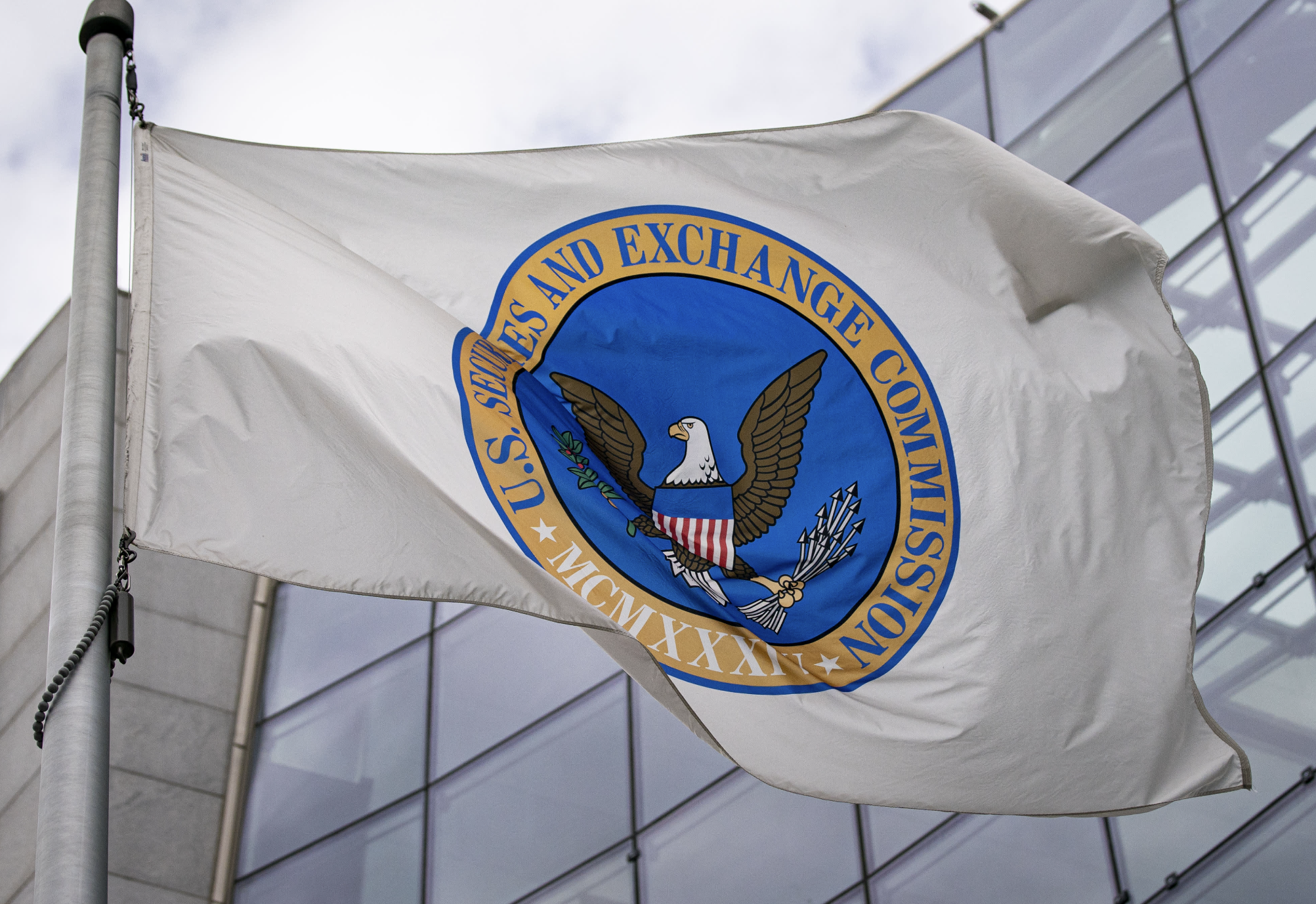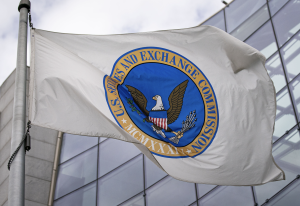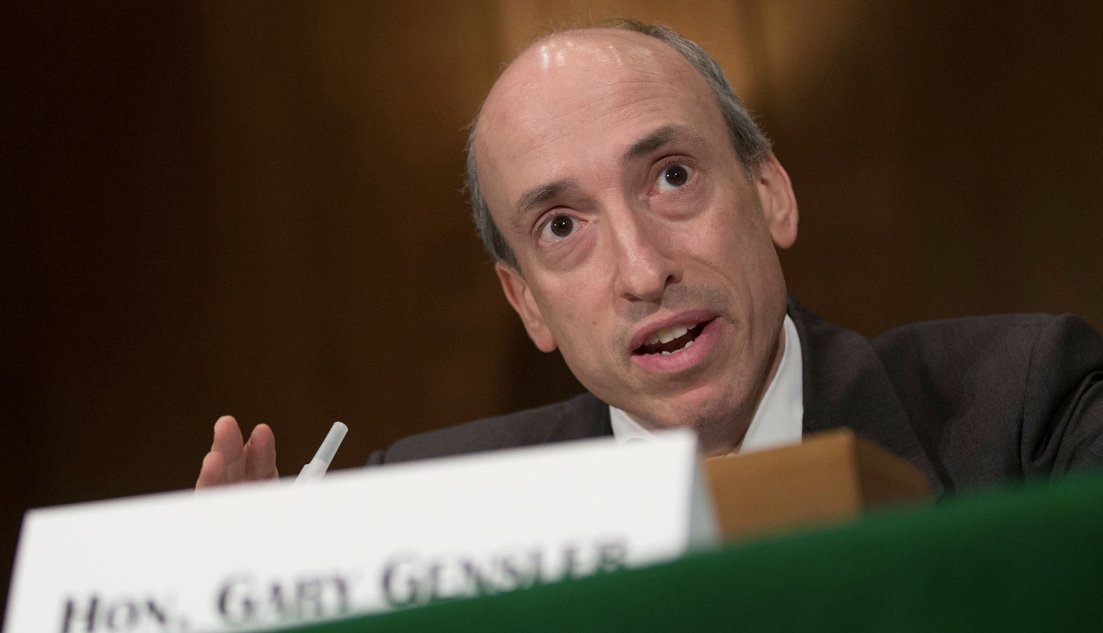Join Our Telegram channel to stay up to date on breaking news coverage
The recent regulatory actions taken by SEC Chair Gary Gensler in the crypto industry have sparked a heated debate.
Debate Erupts as SEC Chair Gensler’s Crypto Regulations Stir Controversy
While the commission initially approved digital-coin exchanges to go public, subsequent sanctions were imposed on them for selling crypto assets that did not meet the agency’s approval.
The extent of Gensler’s legal authority to intervene in this manner remains uncertain under the securities laws, but it hasn’t deterred him from pursuing numerous cases.
One can argue that Gensler’s regulatory agenda poses a potential danger, not only due to its aggressive enforcement that could impede the revolutionary potential of blockchain technology but also because the SEC, known as Wall Street’s leading enforcer, has appeared somewhat ineffective in recent times.
Prometheum’s Favoritism and SEC’s Scrutiny – Skepticism Surrounds Gensler’s Regulatory Actions
Prometheum, a company accused by critics of slipping through significant regulatory loopholes, serves as a prime example of this situation within the trillion-dollar crypto industry. During a crypto hearing held by the House Financial Services Committee, Prometheum’s co-founder, Aaron Kaplan, received a prominent speaking opportunity to highlight his relatively unknown company’s major accomplishment.
Although Gensler has openly expressed his disdain for crypto, it seems that he holds a favorable view of this particular company, as evidenced by the SEC granting Prometheum the status of the first “special purpose broker-dealer for digital assets.”
This designation holds considerable significance. Before the downfall and subsequent arrest of the disgraced FTX founder, Sam Bankman-Fried, he held a prominent position in the crypto industry and eagerly pursued obtaining a similar status from Gensler.
Likewise, popular US discount broker Robinhood had expressed interest in obtaining the same designation, as it provides a level of protection against potential SEC reprisals when dealing with crypto transactions on behalf of clients.
In the case of Robinhood, some individuals in the crypto community believe that the SEC treated them unfavorably because Bankman-Fried, a major Democratic Party donor, was seemingly Gensler’s favorite, until SBF’s downfall occurred right under Gary’s nose.
Coinbase, a US-based exchange, sought a similar status to Prometheum but was denied, likely due to recent charges by the SEC for unlawfully facilitating crypto asset securities trading.
That being said, one could argue that both Robinhood and Coinbase should have an advantage over their competitors when it comes to obtaining the coveted Prometheum-like status.
As for the qualifications of Prometheum, Unlike Robinhood and Coinbase, Prometheum is not a publicly traded company; it is privately owned by Kaplan, his family, and other individuals.
Assessing Prometheum’s Legitimacy In Garnering Attention
While Robinhood employs 2,300 people and Coinbase employs 3,500, Prometheum’s workforce reportedly consists of only around 25 employees. Its headquarters, located on Wall Street, may appear unassuming to those unfamiliar with the area, which is no longer dominated by big banks.
One of Prometheum’s underwriters is a firm called Network 1 Financial, which appears to have offices in Red Bank, NJ, situated within a high-end mall. According to FINRA records, Network 1 has been involved in 18 “regulatory events” over the past three decades, resulting in penalties totaling around $250,000 based on my interpretation of the case summaries.
According to Prometheum’s filings, there are no records of regulatory infractions. However, a disclosure submitted to the SEC on March 28, 2019, unveiled that the company has established connections with a Chinese entity named “HashKey,” described as “strategic partners and joint venturers.”
Dr. Feng Xiao, chairman of HashKey, also holds key roles at China Wanxiang Holding Co. Ltd. Senator Tommy Tuberville voiced concerns about Wanxiang Group’s close ties to the Chinese Communist Party (CCP) in a letter to Gensler.
Tuberville further emphasized the need to address serious concerns related to investor protection, data privacy, and national security. He called on the SEC to cease allowing entities linked to the CCP to operate in the United States.
Kaplan, in a comprehensive statement to The Post, asserted that his Chinese partners no longer play a role in Prometheum’s technology development. He emphasized that their ties to China have undergone thorough scrutiny by two US government agencies, assuring that “Wanxiang and its affiliates have no access to any Prometheum code,” customer data, and so on. Kaplan proudly declared Prometheum as an American-born, bred, and controlled company.
The SEC chairman recently acknowledged Prometheum’s efforts to seek proper registration and comply with the SEC’s guidelines during an interview on CNBC, offering praise for their commitment to avoiding trading of crypto assets he deems illegal.
Crypto enthusiasts on social media are skeptical of Gensler’s favoritism towards Prometheum. They question the SEC’s positive view of the company and its business activities.
The CEO boasts that their platform exclusively trades SEC-sanctioned digital assets, meaning assets that have been registered with the SEC. Yet, none of the major cryptocurrencies hold such a designation.
Related Articles
- is it Too Late to Buy Bitcoin
- Gary Gensler’s Vision for Regulating Crypto Brokers
- SEC Asks Coinbase for More Time to Clarify Crypto
Best Wallet - Diversify Your Crypto Portfolio
- Easy to Use, Feature-Driven Crypto Wallet
- Get Early Access to Upcoming Token ICOs
- Multi-Chain, Multi-Wallet, Non-Custodial
- Now On App Store, Google Play
- Stake To Earn Native Token $BEST
- 250,000+ Monthly Active Users
Join Our Telegram channel to stay up to date on breaking news coverage




